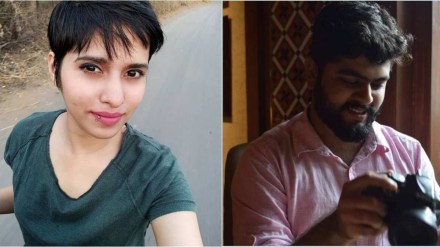In what could come as a significant breakthrough in the sensational Shraddha Walkar murder case, the Delhi Police on Wednesday claimed that the bones it had recovered from the Mehrauli forest area belong to Walkar and the DNA of the remains match the samples obtained from her father.
The DNA samples extracted from the bones recovered by the police from the Mehrauli and Gurugram forest areas match the DNA samples taken from the father of the deceased, The Indian Express quoted police sources as saying on Thursday. More details are likely to emerge at a press briefing scheduled to be addressed by the police later in the day.
The findings, if true, will potentially impact the investigation into the case. So far, the police had been unable to ascertain if the bone fragments and blood samples it had recovered from accused Aftab Poonawala’s residence belong to Shraddha.
What has happened in the case so far?
Aftab Poonawala was arrested by the Delhi Police in November on charges of killing his girlfriend Shraddha Walkar, with whom he was in a live-in relationship, in Delhi in May this year. Aftab is accused of killing his live-in partner, chopping her body into 35 pieces and disposing of them over the course of the next several days in different parts of the capital. According to the police, he has confessed to the crime.
Currently lodged at the Tihar Jail in Delhi, Poonawala was produced before a Delhi court on December 9, following whic his judicial custody was extended by another 14 days.
Why are the findings crucial?
The forensics report will corroborate if the bone fragments and blood samples collected from the residence of the accused indeed belonged to the Walkar, news agency ANI quoted a police source as saying. The findings will act as crucial evidence as the police try to build a water-tight case. There is an apprehension that the statement by the accused may not be admissible in court. The investigators, therefore, are pulling out all stops to collect multiple pieces of evidence so that their chargesheet in court can lead to a conviction.
As part of the process, police are also gathering evidence based on the findings in the psycho-analysis, lie-detector and narco-analysis tests that it has conducted in the past few weeks.
